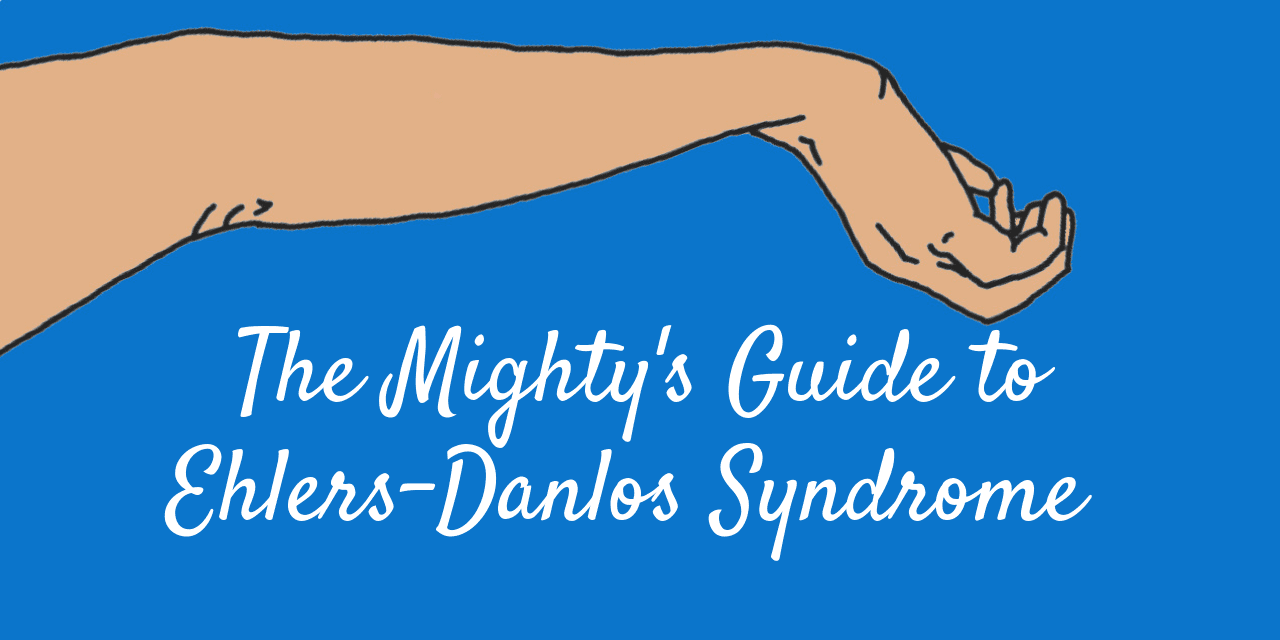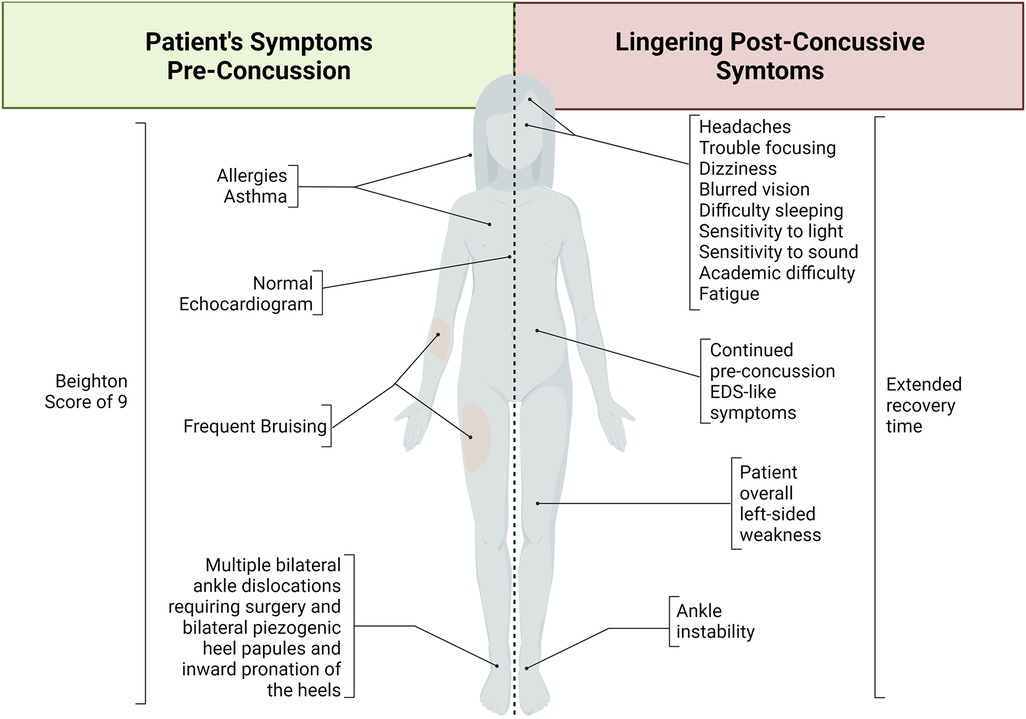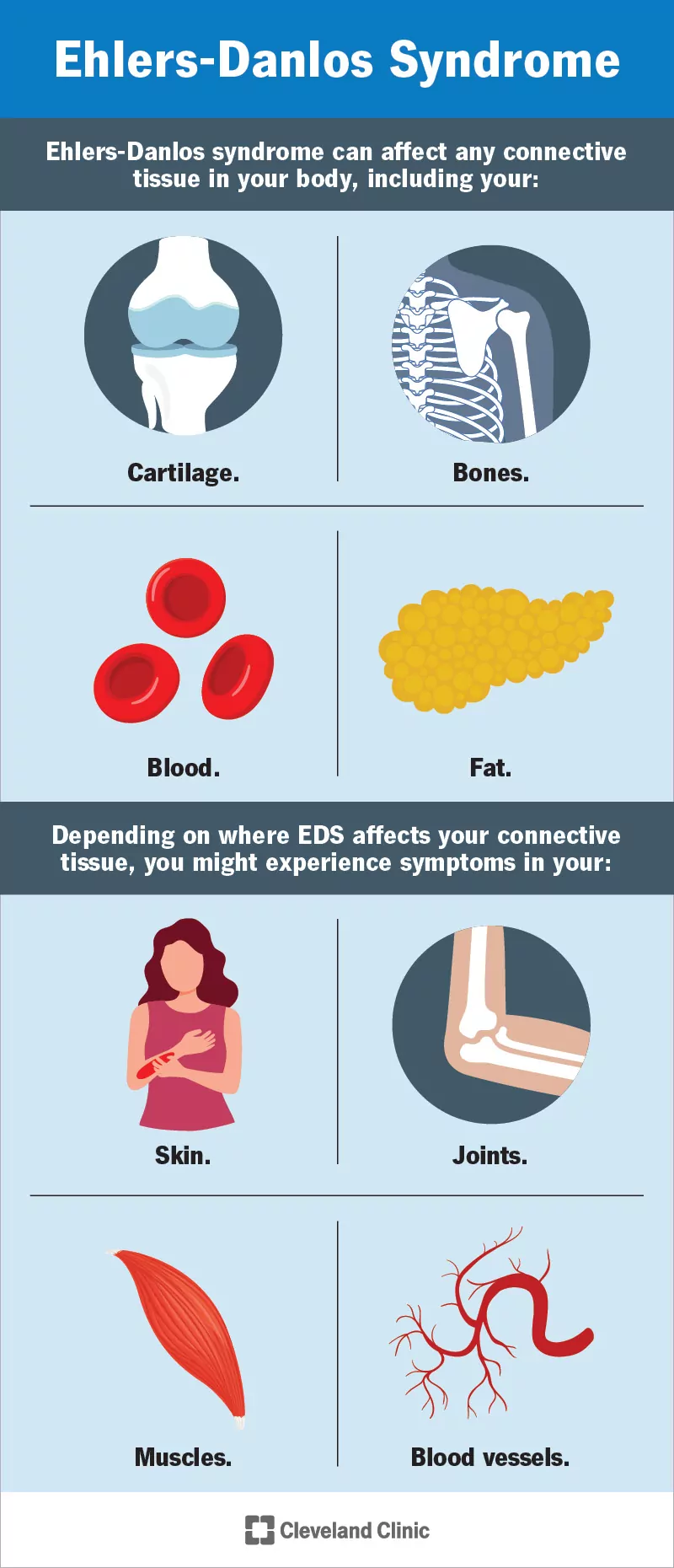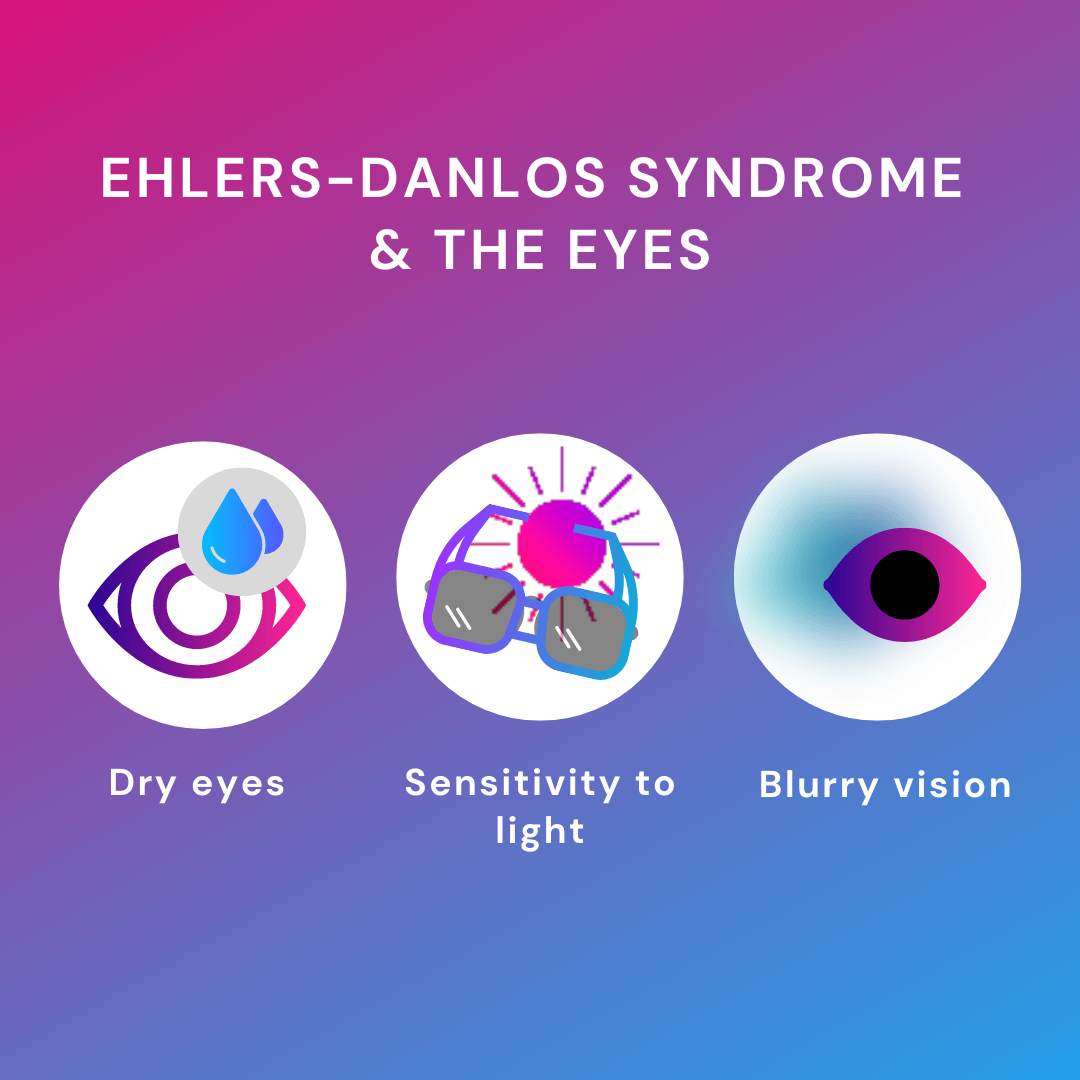Table of Contents
- What is Ehlers-Danlos Syndrome? | Greenberg Regenerative Medicine
- Figure 3 from Ehlers-Danlos Syndrome, Hypermobility Type: An ...
- Ehlers Danlos Syndrome & The Eyes
- Ehlers Danlos Syndromes Types Symptoms Causes Treatme - vrogue.co
- Vascular Ehlers Danlos Syndrome
- Ehlers-Danlos syndrome: Year of the Zebra: Video | Osmosis
- Ehlers-Danlos Syndrome Guide: What is Ehlers-Danlos Syndrome?
- Ehlers Danlos Syndrome Video - Pregnant Health Tips
- Frontiers | Case report: Lingering post-concussive symptoms in a ...
- Ēlersa-Danlosa Sindroms: Simptomi, Cēloņi Un ārstēšana - LV SFOMC

May is a significant month for raising awareness about a group of disorders that affect millions of people worldwide. Ehlers-Danlos Syndromes (EDS) Awareness Month is a campaign to educate people about the condition, its symptoms, and the impact it has on those affected. In this article, we will delve into the world of EDS, exploring what it is, its types, symptoms, and how we can support those living with this condition.


What is Ehlers-Danlos Syndromes?

Ehlers-Danlos Syndromes is a group of genetic disorders that affect the body's connective tissue. Connective tissue provides support to various organs, joints, and other structures in the body. In individuals with EDS, the connective tissue is fragile, leading to a range of symptoms, including extremely flexible joints, skin that stretches much more than usual, and tissue fragility. The condition is named after the two doctors who first described it in the early 20th century, Edvard Ehlers and Henri-Alexandre Danlos.


Types of Ehlers-Danlos Syndromes

There are several types of EDS, each with distinct symptoms and characteristics. The most common types include:

- Hypermobile EDS (hEDS): Characterized by extremely flexible joints and skin that stretches more than usual.
- Classical EDS (cEDS): Marked by highly elastic skin, joint hypermobility, and tissue fragility.
- Vascular EDS (vEDS): A rare and serious form of EDS that affects the blood vessels, making them prone to rupture.
- Kyphoscoliotic EDS (kEDS): Characterized by progressive kyphoscoliosis, which is a curvature of the spine.

Symptoms of Ehlers-Danlos Syndromes
The symptoms of EDS can vary depending on the type, but common symptoms include:
- Joint hypermobility and instability
- Skin that stretches more than usual
- Easy bruising
- Poor wound healing
- Chronic pain and fatigue
- Gastrointestinal issues

Supporting Those with Ehlers-Danlos Syndromes
Raising awareness about EDS is crucial in supporting those affected. By understanding the condition and its symptoms, we can provide better care and accommodations for individuals with EDS. Here are some ways to show your support:
- Learn about EDS: Educate yourself about the condition, its symptoms, and how it affects those living with it.
- Be patient and understanding: Individuals with EDS often face chronic pain and fatigue, so be patient and understanding when interacting with them.
- Offer support: Offer to help with daily tasks or provide emotional support when needed.
Share this article to show your support and help raise awareness about Ehlers-Danlos Syndromes.